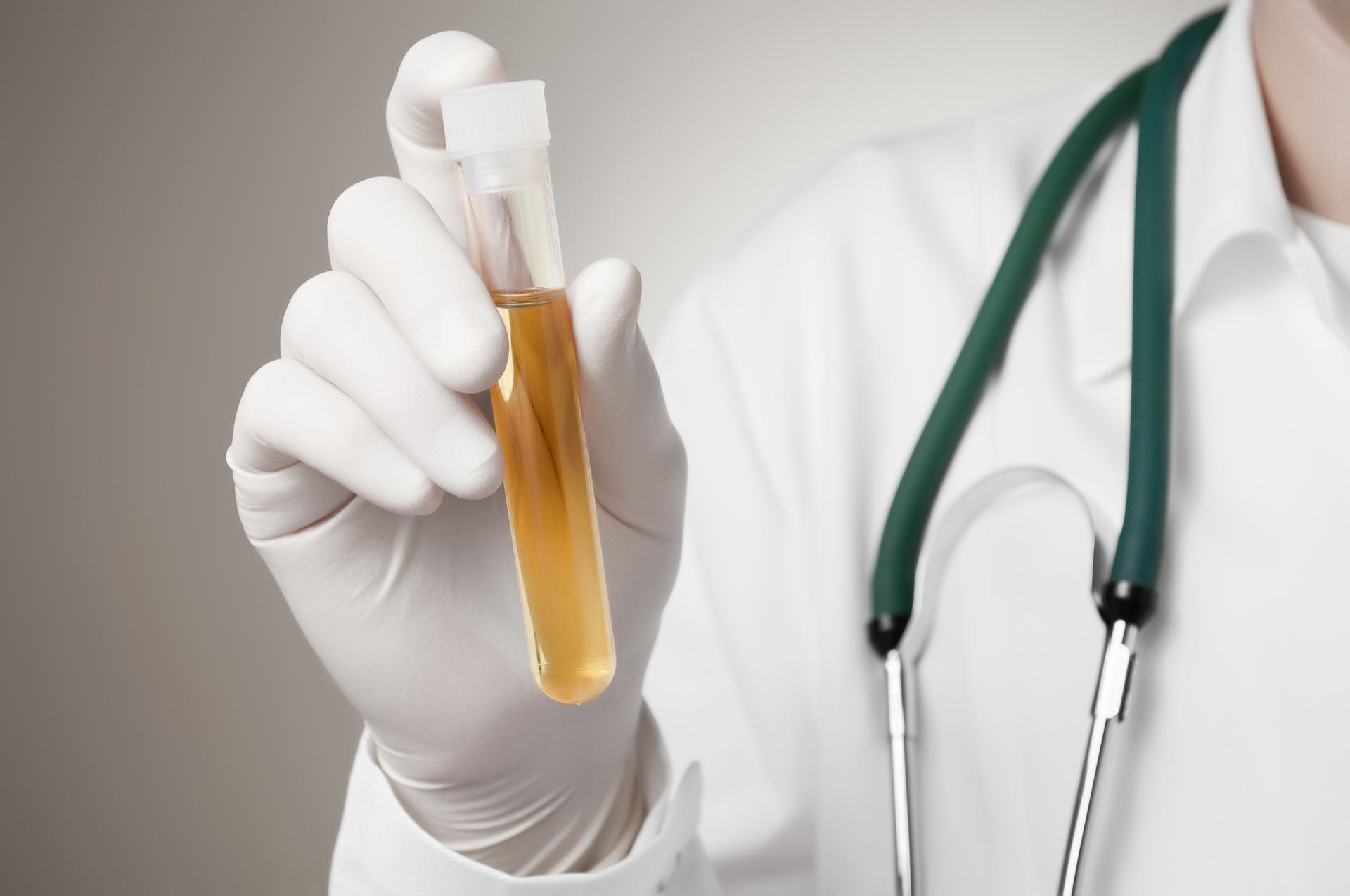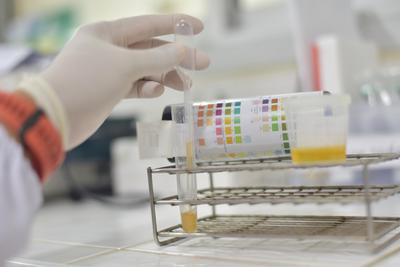Why is Drug Testing Necessary in the Workplace
Workplace drug testing deters employees from using drugs and alcohol, lessening the risk for on-the-job accidents, illnesses, and decreased productivity.
While all employers in all industries face the risk of drug and alcohol use, some industries are at higher risk. The National Survey on Drug Use and Health (NSDUH) showed that between 2008-2012, food services, entertainment, recreation, and management industries had the highest rates of drug use among employees. The mining and construction industries had the highest rates of heavy alcohol use, although all industries surveyed had employees that used illicit drugs or alcohol.
Employers in all industries, especially those with employees in safety-sensitive positions, should consider implementing a drug-free workplace policy to avoid adverse outcomes of illegal drug use among employees.

Why do employers drug test?
Through drug testing in the workplace, employers discourage workers from using illicit drugs which negatively impacts work productivity and causes accidents, injuries, fatalities, and other adverse outcomes. Employers drug test randomly, post-accident, pre-employment, and for reasonable suspicion.
Why is drug testing necessary in the workplace?
Workplace drug testing deters employees from illicit drug and heavy alcohol use. Heavy alcohol and substance use among workers is associated with poor work behaviors, including absenteeism, decreased productivity, workplace accidents, and increased illnesses.
A study by the National Institute on Drug Abuse showed that workers that tested positive for marijuana had 55 percent more industrial accidents, 75 percent more absenteeism, and 85 percent more injuries than employees who tested negative for the drug. Marijuana with THC impacts depth perception, motor skills, and reaction time, causing adverse and sometimes fatal outcomes, especially for those in safety-sensitive industries.
With the legalization of marijuana in most states, employers should consider drug testing policies regarding marijuana use during non-working hours. Marijuana laws vary by state, and some cities and states offer workplace protections. Using marijuana off-duty isn't protected in some states since it's still illegal under federal law.
Employers must understand marijuana drug testing laws for their state, when federal law supersedes state law, and when marijuana workplace drug testing is prohibited.
When should you use workplace drug testing?
Employers generally consider drug testing in the workplace at these times:
Pre-employment workplace drug testing is the most common time to test. Employers should require pre-employment testing after a conditional offer for employment. According to the Equal Employment Opportunity Commission (EEOC), employers should ask the employee about lawful drug use after a positive drug test result. If drug use is legal, employers cannot automatically disqualify the employee for the job.
What are the benefits of random drug testing in the workplace?
Some employers conduct random drug testing in the workplace to discourage employees from illegal drug use. By establishing a random drug testing policy, the workplace benefits from increased productivity, less absenteeism, and fewer workplace accidents, injuries, illnesses, and fatalities. All employers should consider random drug testing, but safety-sensitive industries, such as workplaces with heavy machinery, or where employees operate motor vehicles or handle hazardous chemicals, may be required by law to have a random drug testing program.
Employers planning to implement a random drug testing policy must also respect the rights of their employers and legally protect themselves and their businesses. To conduct random drug testing, employers must first establish a drug-free workplace program with detailed information including a statement of purpose, the definition of all terms, implementation specifics, the responsibilities of the employees and employer, and the definition of illegal substances.
Employees and applicants must receive and sign a copy of the policy. By signing the policy, employees understand they are subject to mandatory drug testing.
Which industries should drug test employees?
While in many industries it's up to the employer to choose whether to implement a drug-free workplace policy, safety-sensitive industries require drug testing to comply with federal laws.
The Federal Drug-Free Workplace Program recommends or requires the following employees to undergo drug testing:
Health Street has helped over 10,000 companies manage their drug testing programs, and we can help you with yours.





